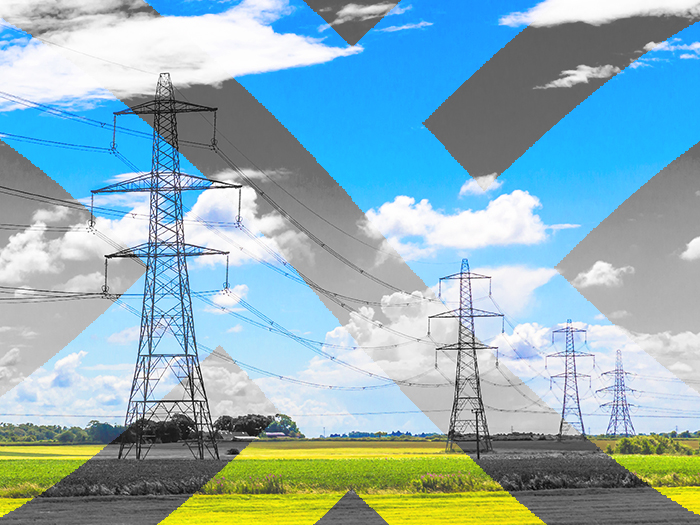News
better business decisions
Posted 1 year ago | 4 minute read

Spring budget 2024: Key climate and energy announcements
On 7 March, UK Chancellor Jeremy Hunt unveiled the government’s spring budget. In his budget speech Hunt, announced £120M to support the expansion of “low carbon manufacturing supply chains”.
Key measures included:
Grid connection reform
Previous announcements on planning and grid connection reform were also cited, with the Budget confirming that the government will implement a new stringent connections process from January 2025 so that projects are only offered a specific connection date when they are ready to progress.
It was noted that since November, over 40GW of energy projects have been offered earlier grid connection dates, accelerating up to £40B of investment and that further work will be undertaken by the Electricity System Operator to insert delivery milestones into over 1,000 connection contracts to remove stalled projects from the queue from this autumn.
The government will work with the Electricity System Operator to outline further interim reforms to the grid queue process by summer 2024. To ensure strong incentives for network companies Ofgem will review the regulatory framework for connections and make recommendations by June 2024, including considering if changes are needed to make sure that connection offers reflect the reduction in transmission infrastructure delivery times from 14 years to 7 years.
Additional funding for the Green Industries Growth Accelerator (GIGA)
The GIGA is a fund that was announced in the 2023 Autumn Statement and is aimed at supporting the expansion of clean energy supply chains. The Chancellor announced a £120M increase to the GIGA budget. Of the over £1B of total funding now available, the Budget delineates sector funding splits with:
- up to £390M of funding expected to go to supply chains for offshore wind and electricity networks
- up to £390M expected to go to supply chains for Carbon Capture Utilisation and Storage (CCUS) and hydrogen.
Extension to Energy Profits Levy (EPL)
The 35% surcharge on profits by oil and gas producers was due to end in March 2028. The Chancellor announced an extension to the expiry date of the legislation to March 2029, explaining in his speech that “the increase in energy prices caused by the Ukraine war is expected to last longer, so too will the sector’s windfall profits.” The Budget predicts that gas prices are forecast to remain “abnormally high” until at least 2028-29.
The government is however committed to bringing forward legislation to end the EPL early if oil and gas prices fall below the relevant Energy Investment Security Mechanism Thresholds and will include legislation in the Spring Finance Bill to disapply the levy when prices return to normal.
Emphasis on government support for nuclear
The Chancellor reiterated the government’s ambitions to have nuclear energy supply a quarter of the UK’s electricity by 2050 with nuclear being the most frequently cited technology in the Budget.
In addition to Hinkley Point C and Sizewell C, the government is committed to exploring a further large- scale reactor project, and Great British Nuclear is running a competitive process for the selection of Small Modular Reactors (SMRs). The government is now moving to the next stage of the SMR process, with six companies invited to submit their initial tender responses by June this year.
Given the importance of securing nuclear sites for the success of the nuclear programme, the government confirmed it had reached agreement on a £160M deal with Hitachi to purchase the Wylfa site in Ynys Môn and the Oldbury-on-Severn site in South Gloucestershire, though no decisions have been taken on projects.
CfD round
Alongside the budget, the government also confirmed key details of its sixth auction round for the Contract for Difference (CfD) scheme, announcing the largest ever budget for a single round at £1.02B.
This represents the latest step to deliver the long-term change that Britain needs – to improve economic security and opportunity for everyone – while helping protect families and businesses from volatile global gas prices. It is part of government’s plan to strengthen energy security and bring down energy bills in the long-term.
The Allocation Round 6 budget includes:
- £120M for established technologies such as onshore wind and solar
- £105M for emerging technologies such as floating offshore wind and geothermal, including a ringfenced £10M budget for tidal for a second consecutive year
- £800M for offshore wind








